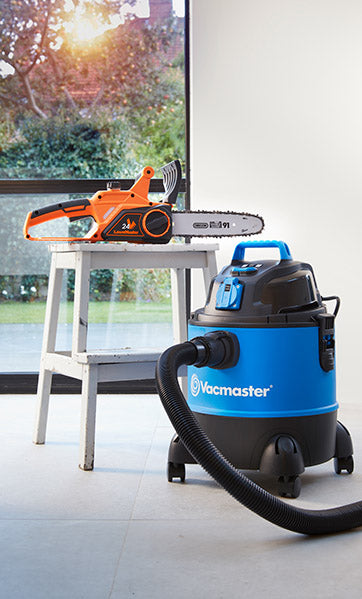-
Free Next Day Delivery
-
Buy Direct from the Makers
-
UK Customer Support
How to care for your lawn during a hosepipe ban
2 Min Read
- Tips
Share

Hosepipe bans are called by water companies during extended periods of low rainfall and drought in the UK.
Typically used in the summer months when non-essential water usage naturally increases with people watering the garden, washing cars, cleaning windows, filling paddling pools etc., hosepipe bans are designed to reduce water consumption, preserving it for essentials like drinking, washing etc.
Whilst a hosepipe ban is not ideal for an established lawn, potentially starving it of the water it needs to stay lush and green, grass is hardy and there are some simple things you can do to keep it healthy and to promote quick recovery of the grass when the rain returns.
Here’s how to care for an established lawn during a hosepipe ban:
Keep off the grass
Grass takes longer to grow during periods of low rainfall so it’s important to keep off it as much as possible to prevent soil compaction and damage to the grass. This includes keeping it clear of furniture, toys etc.
Shade areas prone to sun damage
Every garden has areas that are prone to sun damage. Use a parasol or similar to shade these areas, protecting the grass when the sun is at its hottest.
Use a higher cutting setting on your lawnmower
Longer grass is much better suited to drier, sunnier conditions as it retains moisture for longer. Use a higher cutting setting on your lawnmower keeping the grass 3-4cm long.
Use a mulching mower
Lawnmowers with a mulching function, like the LawnMaster 24V 34cm Cordless Mower, finely chop the freshly mown grass and scatter it back onto the surface of the lawn. As well as being an important nutrient for the grass, this also helps to retain moisture and offers additional protection from the sun.
Water during the cooler times of the day
If it’s possible to do so, use a watering can to generously water areas of concern around your lawn. Always do this during the cooler parts of the day, for example first thing in the morning or in the evening, to prevent scorching and the water from evaporating too quickly. Using water collected in a water butt is ideal for this.
Make sure the lawn stays well fed
It is important to keep your lawn well fed and watered all year round. This will help it to form strong roots, making it hardier during periods of low rainfall.
Pro Tip: It is important not to use weed & feed or fertiliser on your lawn during a drought as it may increase the chance of scorching the roots.
Avoid pulling up weeds
As weeds often have longer roots, they often thrive for longer (and become more noticeable!) in drier conditions. Try to avoid pulling up the weeds as this will disturb the ground around them making it more likely to dry out quicker.
